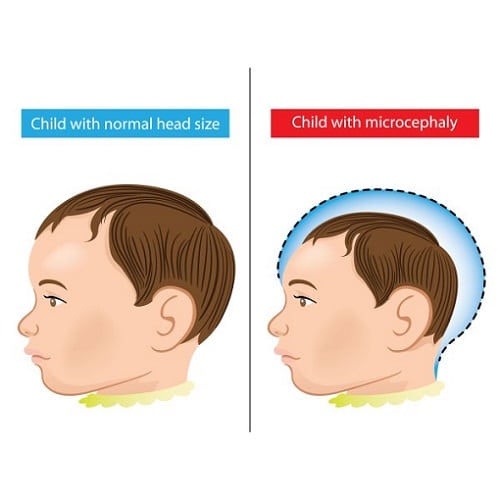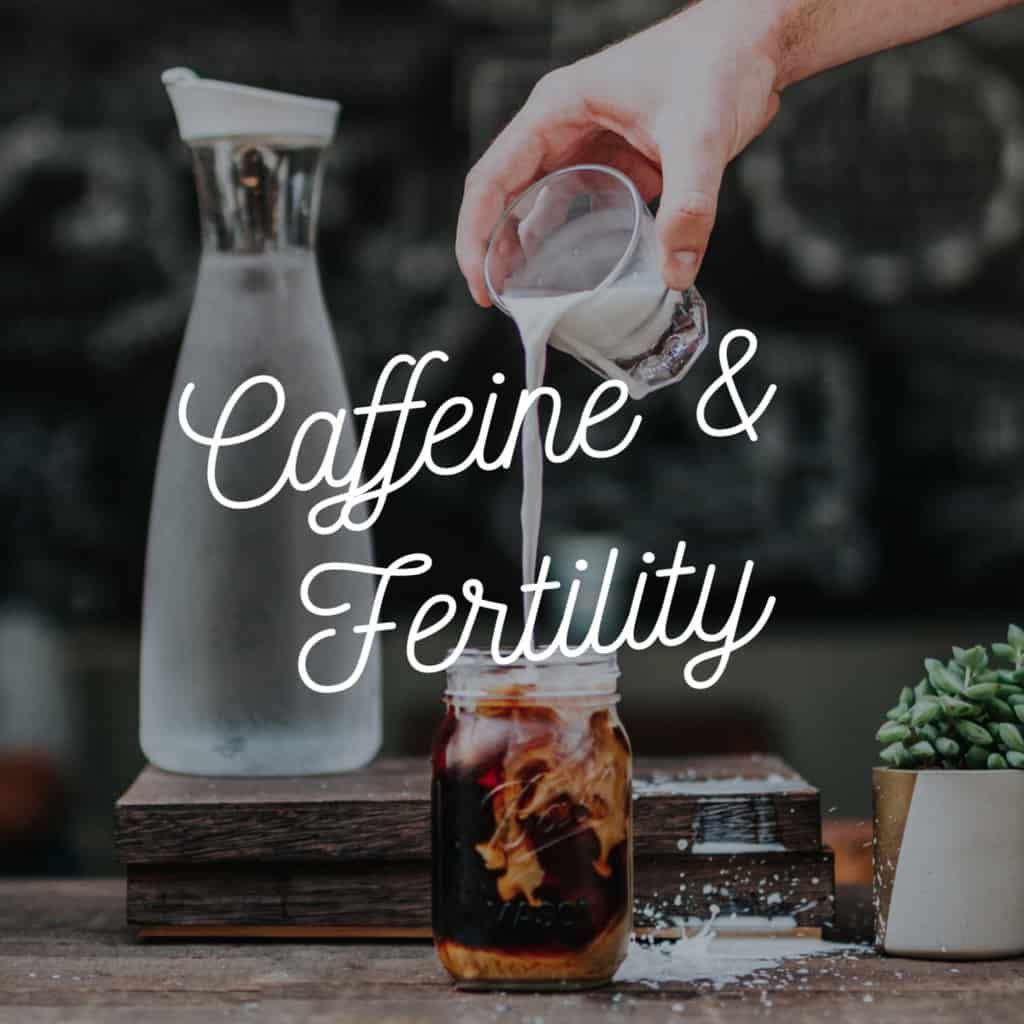Can Pregnant Women Drink Coffee
The short answer is yes, pregnant women can drink coffee. However, it’s important to watch your consumption of coffee, and caffeine overall, during pregnancy. Caffeine can affect your pregnancy and your baby in ways that aren’t completely clear.
The American College of Obstetricians and Gynecologists advises pregnant women to limit their caffeine intake to less than 200 milligrams per day, which could be as little as one 8-ounce cup of coffee, depending on the brand. See the chart below to get an idea of how much caffeine is in different foods and drinks.
: 201: : Moesm: Esmpptx
Additional file 1: Bland-Altman plot for the difference in caffeine intake between the food frequency questionnaire and a four-day weighed food diary in 119 women in the validation study. Bland-Altman plot of the differences in caffeine intake between the FFQ and the food diary measurements against the mean caffeine intake by the two methods showing that the mean difference was small and not biased towards any of the methods. The median caffeine intake in the validation study sample was 40 mg/day by the FFQ and 38 mg/day by the food diary. Spearman correlation was 0.70 .
Statement: Caffeine Causes Miscarriages
Facts: In 2008, two studies on the effects of caffeine related to miscarriage showed significantly different outcomes. In one study released by the American Journal of Obstetrics and Gynecology, it was found that women who consume 200mg or more of caffeine daily are twice as likely to have a miscarriage as those who do not consume any caffeine.
According to a 2015 meta-analysis, the risk of miscarriage rose by 19% for every increase of 150 mg per day of caffeine and by 8% for every increase of two cups of coffee per day.
In another study released by Epidemiology, there was no increased risk in women who drank a minimal amount of coffee daily
Due to conflicting conclusions from numerous studies, the American College of Obstetricians and Gynecologists and the March of Dimes recommend that until more conclusive studies are done, pregnant women should limit caffeine intake to less than 200 mg per day. This is equal to about one 12 oz cup of coffee.
You May Like: How To Roast Coffee Beans At Home
How Does Caffeine Affect You And Your Baby
While caffeine affects most people the sameit “wakes” you up, increasing awareness and alertness it also raises your blood pressure and can cause difficulty sleepingthe effects of caffeine on baby are unclear. “Any amount of caffeine can also cause changes in your baby’s sleep pattern or normal movement pattern in the later stages of pregnancy,” says an article from the American Pregnancy Association . Some studies have linked caffeine consumption to miscarriage and preterm birth. Others say this is untrue. And still others remain inconclusive.
“Until we know more about how caffeine can affect pregnancy, it’s best to limit the amount you get to 200 milligrams each day,” explains an article from . “This is about the amount in 1½ 8-ounce cups of coffee or one 12-ounce cup of coffee.”
Benefits Of Coffee During Pregnancy

There are no specific health benefits to drinking coffee during pregnancy, but that caffeine boost can be helpful if you are used to it. One thing to keep an eye on is if you find yourself feeling like you need a caffeine boost in order to have the energy to do day-to-day activities.
While feeling more tired can be a normal part of pregnancy, it may also indicate that you need more sleep, are experiencing increased stress, or may not be getting enough iron. Let your healthcare provider know if you find yourself feeling like you “need” a cup of coffee just to make it through the day. While it’s important to keep tabs on how much caffeine you consume while pregnant, you likely don’t have to deprive yourself either.
If you are used to having a cup of coffee in the morning, cutting it out completely is likely unnecessary and, in some cases, can leave you feeling groggy and with a headache. Continuing to drink a small amount of coffee, or drinking less than you usually do rather than dropping coffee cold turkey, may help you feel the positive effects of the caffeine without any risk to the baby or you.
Recommended Reading: What Kind Of Coffee Table Should I Get
Caffeine During Pregnancy: How Much Is Safe
Caffeine is a stimulant that provides a boost of energy and makes you feel more alert.
Its consumed worldwide, with coffee and tea being two of the most popular sources .
While caffeine is considered safe for the general population, health authorities advise limiting your intake when expecting .
This article discusses how much caffeine you can safely consume during pregnancy.
For many people, caffeine has favorable effects on energy levels, focus and even migraines. Additionally, some caffeinated beverages offer health benefits.
However, caffeine can cause negative side effects in some and may pose risks during pregnancy.
Will Caffeine Affect My Pregnancy And Baby
During pregnancy, it can take longer for your body to metabolize caffeine. This means that you might have caffeine in your bloodstream for a while after you drink coffee or other caffeinated beverages. You might hear this called caffeine clearance, which refers to how long it takes the caffeine to leave your bloodstream.
The placenta provides your baby with food and oxygen through the umbilical cord. Because of this, when you drink coffee or other caffeinated beverages, your baby will be on the receiving end of it. While there are studies that have conflicting evidence, its best to keep your caffeine intake to under 200 mg.
One study found that the amount of caffeine ingested while pregnant wouldnt have an effect on the babys sleep during the first three months of their life.
Researchers at the University of Pelotas looked at the children of nearly 900 women who consumed caffeine in pregnancy. They found caffeine consumption during pregnancy did not affect their babys sleep during the first three months. They also looked at women who consumed both caffeine and breastfed and found similar results.
When it comes to breastfeeding, its possible your baby can feel the effects of caffeine. Another study reported that poor sleep patterns and fussiness was prevalent in babies whose mothers drank about 10 or more cups of coffee daily while breastfeeding. Those who drank more than 450 ml of coffee daily may have less iron in their breastmilk.
You May Like: Is Coffee Good For Prostate
Is Caffeine Safe During Breastfeeding
The American Academy of Pediatrics says its safe for breastfeeding moms to have caffeine. A small amount of caffeine does get into breast milk, so limit caffeine if youre breastfeeding. Breastfed babies of women who drink more than 2 to 3 cups of coffee a day may become fussy or have trouble sleeping. You may want to drink less caffeine if your baby was born preterm or newborn because she may digest caffeine more slowly.
Last reviewed: April 2020
How Much Caffeine Is In Your Favorite Drinks & Snacks
- Coffee, average :
- Brewed, 8 oz. | 95 165 mg
- Brewed, decaf, 8 oz. | 2 5 mg
- Espresso, 1 oz. | 47 64 mg
- Latte, 8 oz. | 63 126 mg
Avoiding caffeine as much as possible is your safest course of action. If you must get your fix, it is best to discuss this with your healthcare provider to make the healthiest choice for you and your baby.
Want to Know More?
Also Check: How Much Caffeine In Folgers K Cup
What Foods And Drinks Contain Caffeine
Caffeine is found in:
- Chocolate and chocolate products, like chocolate syrup and hot cocoa
The amount of caffeine in foods and drinks varies a lot. For coffee and tea, the amount of caffeine depends on:
- The type of beans or leaves used
- The way its served
- The size of the cup. Not all coffee cups are the same size, even though you think of them as a cup. Check to see how many ounces your cup has, especially if youre buying a cup of coffee or tea. If youre making coffee or tea at home, measure to check the size of the cup.
Some energy drinks contain large amounts of caffeine. For example, a 24-ounce energy drink may have up to 500 milligrams of caffeine. Energy drinks may have a lot of sugar, too, and they may contain ingredients that may be harmful to your baby during pregnancy. Because we dont know a lot about all the ingredients in energy drinks, its best not to have them when youre pregnant.
The amount of caffeine you get from food and drinks throughout the day adds up. So if you have a cup of coffee in the morning, you may want to limit or give up having other food and drinks during the day that have caffeine.
The list below shows the amount of caffeine in common food and drinks. The caffeine amounts are averages, so they may change depending on the brand or how the food or drink is made. Check the package label on food and drinks to know how much caffeine they contain.
Should Caffeine Be Avoided During Pregnancy
Asked by: Esteban Green
Because caffeine is a stimulant, it increases your blood pressure and heart rate, both of which are not recommended during pregnancy. Caffeine also increases the frequency of urination. This causes a reduction in your body fluid levels and can lead to dehydration. Caffeine crosses the placenta to your baby.
You May Like: What Is K Cup Coffee
Is It Safe To Drink Hot Water With Lemon And Honey During Pregnancy
Lemon consumption can help relieve nausea and vomiting during pregnancy and is generally a safe option. However, women planning to treat pregnancy effects with lemon should speak to their healthcare provider first. People can consume lemon in the forms of tea, water and lemon mixtures, and fresh lemon juice.
What Are The Side Effects Of Caffeine During Pregnancy

Recommended Reading: Where To Buy High Quality Coffee Beans
No Safe Level Of Caffeine Consumption For Pregnant Women And Would
Women who are pregnant or trying for a baby should consider avoiding caffeine, researchers say
Women who are pregnant or trying to conceive should be advised to avoid caffeine because the evidence suggests that maternal caffeine consumption is associated with negative pregnancy outcomes and that there is no safe level of consumption, finds an analysis of observational studies published in BMJ Evidence Based Medicine.
Caffeine is probably the most widely consumed psychoactive substance in history, and many people, including pregnant women consume it on a daily basis.Pregnant women have been advised that consuming a small amount of caffeine daily will not harm their baby. The UK NHS, the American College of Obstetricians and Gynecologists, the Dietary Guidelines for Americans and the European Food Safety Authority set this level at 200 mg caffeine, which approximates to roughly two cups of moderate-strength coffee per day.
This study undertook a review of current evidence on caffeine-related pregnancy outcomes, to determine whether the recommended safe level of consumption for pregnant women is soundly based.
Through database searches, Professor Jack James, of Reykjavik University, Iceland, identified 1,261 English language peer-reviewed articles linking caffeine and caffeinated beverages to pregnancy outcomes.
As a result, he adds, current health recommendations concerning caffeine consumption during pregnancy are in need of radical revision.”
Can You Drink Wine While Pregnant
It has been stated by the American College of Obstetricians and Gynecologists, the American Pregnancy Association, and the American Academy of Pediatrics that drinking any amount of wine during pregnancy is not considered safe, and that women should refrain from drinking wine at all while they are carrying a child.
Read Also: Where’s The Best Coffee In The World
Many Pregnant Women Are Over
HomePregnancyHubPregnancy news & blogs – Being pregnant Many pregnant women are over-consuming caffeine
Over-consumption of caffeine is linked to miscarriage, low birth-weight and fetal growth restriction, but many women are unaware what 200mg represents in real life.
- Caffeine is hidden in many products including chocolate and energy drinks
- Tommys caffeine calculator helps women track their consumption
Since 2008 the Food Safety Authority has recommended that pregnant women keep their caffeine intake to under 200mg a day, but evidence from Tommys, the pregnancy and baby charity, shows that women do not know what 200mg caffeine represents and are over-consuming.
A poll of 4,100 pregnant women conducted by Tommys showed that 61% would reduce their caffeine consumption habits after being made aware of how much caffeine there is in daily items.
Babies of pregnant women who consume over 200 mg of caffeine per day are at an increased risk of fetal growth restriction which could result in low birth weight and/or miscarriage.
There is evidence that excessive caffeine intake is associated with an increased risk of miscarriage. Interestingly, this evidence seems to apply to not just women during pregnancy, but also to men, pre-conception. Although more research is required, most clinicians would recommend couples to restrict their caffeine intake.Professor Arri Coomarasamy, Clinical Director of Tommys National Miscarriage Research Centre
NOTES TO EDITORS:
Your Know You Need To Limit Coffee During Pregnancy But What About Other Caffeinated Drinks Get The Facts On What’s Safe For You And Your Baby
Whether your beverage of choice is coffee, an energy drink, tea, or diet cola, odds are you need a cup of something caffeinated to keep you energized throughout the day. But now that you’re eating and drinking for two, the decision to ingest stimulants such as caffeine can be a bit trickier.
“Caffeine in pregnancy can be an issue if large amounts are consumed,” says Michele Hakakha, M.D., a board certified OB-GYN in Beverly Hills, California, and author of Expecting 411. “We know from many of our studies that caffeine crosses the placenta, and a baby’s developing metabolism can’t quite handle the caffeine jolt.”
So how much caffeine is safe during pregnancy? From the amount you can safely ingest to how it will affect baby, here’s everything you need to know about consuming this stimulant.
Read Also: What Is Mushroom Coffee Good For
How Much Is Too Much
Most people get their liquid caffeine fix with a soft drink, energy drink, tea or coffee. If youre pregnant, the American Pregnancy Organization recommends you limit your caffeine intake to 200 mg a day and this includes food with caffeine, too.
But how do you know if youre reaching your limit? Caffeine can be found in the following and the amount can range from brand to how its prepared:
- 1 soft drink can: 40 mg
- 1 mug of tea: 75 mg
- 1 250 ml can of an energy drink: up to 80 mg
- 1 mug of instant coffee: 100 mg
- 1 mug of filtered coffee: 140 mg
- One mug of decaffeinated coffee: 12 mg
- One mug of hot chocolate: 9 mg
Be sure to let your doctor know how much caffeine you drink or eat so they can help guide you toward the right caffeine intake level, says Dr. Svets.
Ways To Cut Back On Caffeine During Pregnancy
While there are good reasons to cut back on caffeine during pregnancy, it’s not always easy. Your desire for a morning cup of joe might evaporate during the first trimester when morning sickness strikes, only to return full-strength later in pregnancy. Or, you may always have a hankering for your usual caffeinated pick-me-ups. Consider some of these tips to help you have a low-caffeine pregnancy:
- Ease off gradually – If you’re a devoted coffee lover, tea aficionado, or cola fan, caffeine withdrawal probably won’t be easy. To lessen symptoms which can include headaches, irritability, and lethargy ease off gradually .
- Try mixtures for less caffeine – You may want to start by mixing decaf with your regular coffee, gradually increasing the ratio of decaffeinated to caffeinated. Or use more milk and less coffee. At home, try using a smaller amount of ground coffee , or brewing for a shorter time. Letting a tea bag steep for just one minute instead of five reduces the caffeine by as much as half.
- Switch to decaf – Consider making the switch, at least for your second cup of coffee or tea.
- Seek other sources of energy – Do your best to get plenty of sleep at night, go to bed early, and take rests throughout the day when you can. Eat well and exercise even mild exercise can give you an energy boost.
Center for Science in the Public Interest. 2021. Caffeine Chart.
Read Also: Can I Drink Coffee While Breastfeeding
Can I Have Starbucks While Pregnant
Small For Gestational Age

The effect of caffeine consumption during pregnancy continues after childbirth. Low birth weight describes babies who are born weighing less than 5 pounds and 8 ounces. Babies who are considered small for gestational age are in the bottom 10th percentile of birth weight compared to other babies born during the same term. A number of complications are associated with low birth weight including low blood sugar, low oxygen levels, breathing problems, and body temperature regulation problems.
Dose-response analyses found that every additional 100âmg per day of maternal caffeine was associated with an increased risk for LBW of 7% and an increased SGA risk of 10% .
Similar to the previous studies, there was a range of approximations regarding the risk increase for low birth weight and small for gestational age. Nevertheless, their was an overall consensus that caffeine can increase the risk of low birth weight. Likewise, the researchers estimate that the risk of low birth weight and small for the gestational age increase along with the consumption of caffeine.
Don’t Miss: Where To Buy Bones Coffee